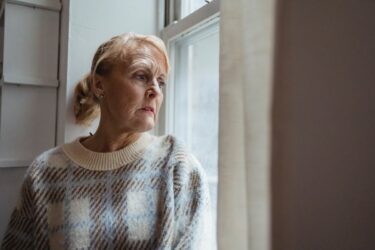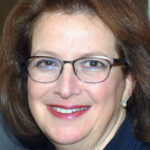
It is mind-boggling that there are people in this world who so easily take advantage of vulnerable older adults. Yet, elder abuse – psychological, physical, and financial – is an unfortunate reality. The CDC estimates it affects one in every 10 community-dwelling adults age 60 and older.
The problem is likely much greater. For every reported case of abuse, approximately 23 others are not reported. Financial exploitation of older adults is the most prevalent form, according to the National Center on Elder Abuse. One study found that self-reported financial exploitation happens at a rate of 41 per every 1,000 older adults surveyed. That number may be higher because many older adults are reluctant to admit they were scammed.
Just like other forms of abuse, financial exploitation has real-world health consequences. It can lead to depression, feelings of guilt and anxiety. They may no longer be able to pay bills, afford food, or to care for themselves. Some even lose their life savings and their homes; with only the government social safety net to catch them.
The recent hurricane which slammed into south Texas and the Gulf coast left many older adults without a place to live, and at the mercy of others. You probably recall the photo of nursing home residents, sitting waist-high in the water, waiting for rescue. And there’s the video of a CNN reporter helping to rescue an older man from his home.
According to Sue Anne Bell, clinical associate professor of nursing, the University of Michigan, who wrote this essay in The Conversation, older adults’ are vulnerable not only during but also long after a disaster like Harvey. This includes financial vulnerability.
Even under normal circumstances, older adults are often targets of unscrupulous contractors or may fall victim to insurance fraud, among other scams. Worse, is when other family members take advantage of a parent, grandparent, aunt or uncle, to illegally gain possession of money or property, as this story from KOMO, Seattle, describes.
A new AHCJ tip sheet can help journalists better understand why older adults are at such high risk for financial exploitation, the health ramifications. It can help you better explain to your audience why some health providers call financial abuse of older adults a “public health crisis.”









